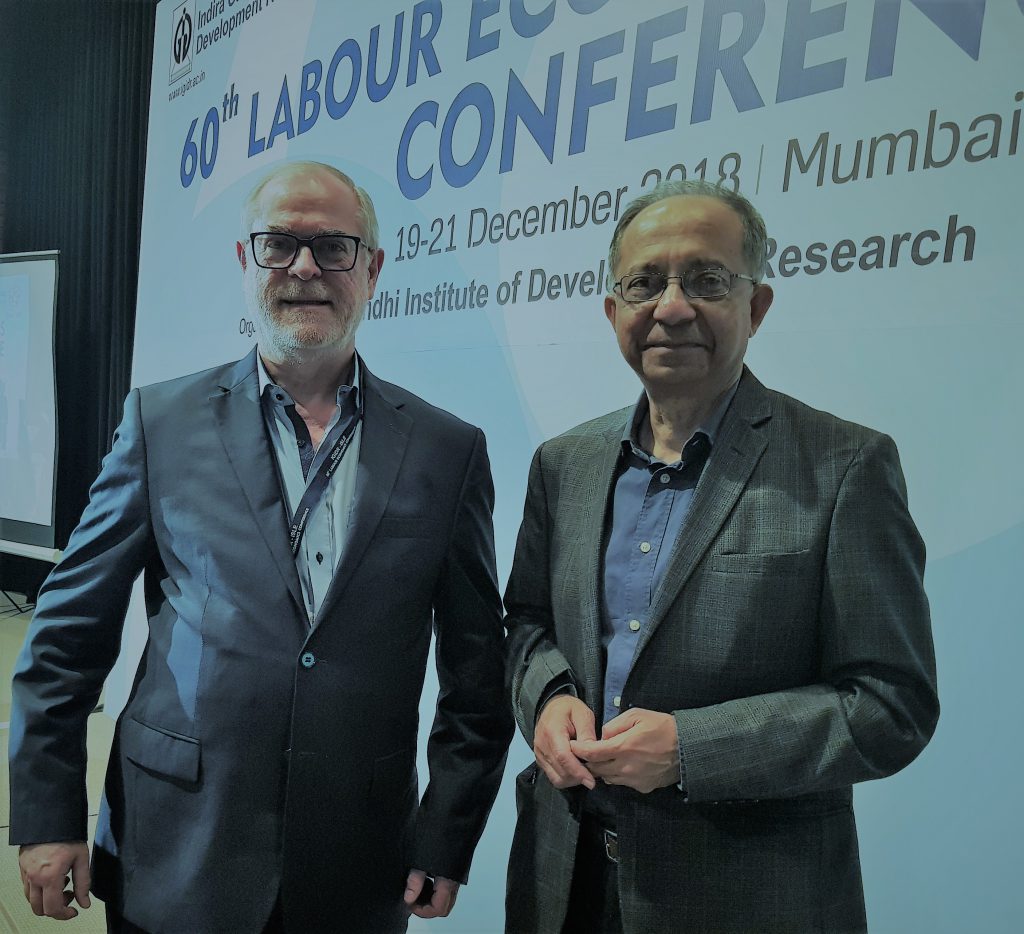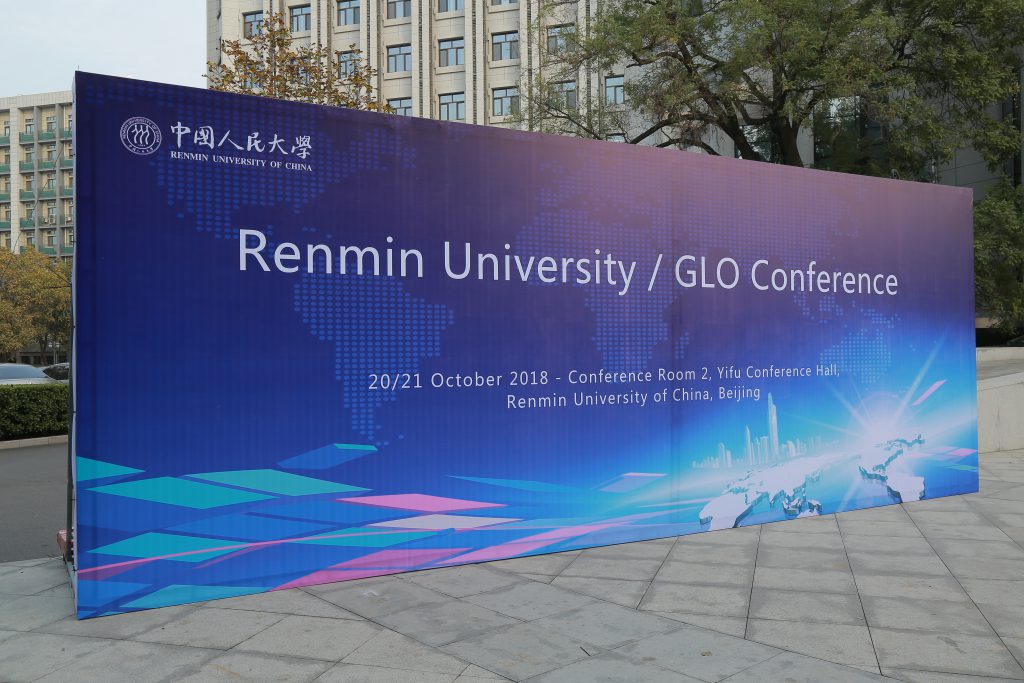A new GLO Discussion Paper finds that collective bargaining in Portugal has a relatively small role as a source of effective labor law.
The Global Labor Organization (GLO) is an independent, non-partisan and non-governmental organization that functions as an international network and virtual platform to stimulate global research, debate and collaboration.
GLO Discussion Paper No. 406, 2019
Assessing the Legal Value Added of Collective Bargaining Agreements – Download PDF
by Martins, Pedro S. & Saraiva, Joana
GLO Fellows Pedro Martins
Author Abstract: How much value does collective bargaining add to the working conditions already established in general labour law? In this paper we propose a methodology to address this question: we compare the specific contents of collective agreements (except minimum wages) to their equivalent norms set by base law. We illustrate this approach by analysing in detail about 400 norms from six collective agreements in Portugal and then comparing them to the country’s Labour Code. We find that as many as 62% of those collective bargaining norms are exactly or virtually equal to the Labour Code; only 25% (an average of 16 norms per convention) are more favourable for the worker; and 12% (8) are more favourable for the employer. We conclude that collective bargaining in Portugal has a relatively small role as a source of effective labour law. We also present several potential explanations for our findings, including the wide range of base law, which may reduce the negotiating space of bargaining.
GLO Discussion Papers are research and policy papers of the GLO Network which are widely circulated to encourage discussion. Provided in cooperation with EconStor, a service of the ZBW – Leibniz Information Centre for Economics, GLO Discussion Papers are among others listed in RePEc (see IDEAS, EconPapers). Complete list of all GLO DPs – downloadable for free.

Ends;









